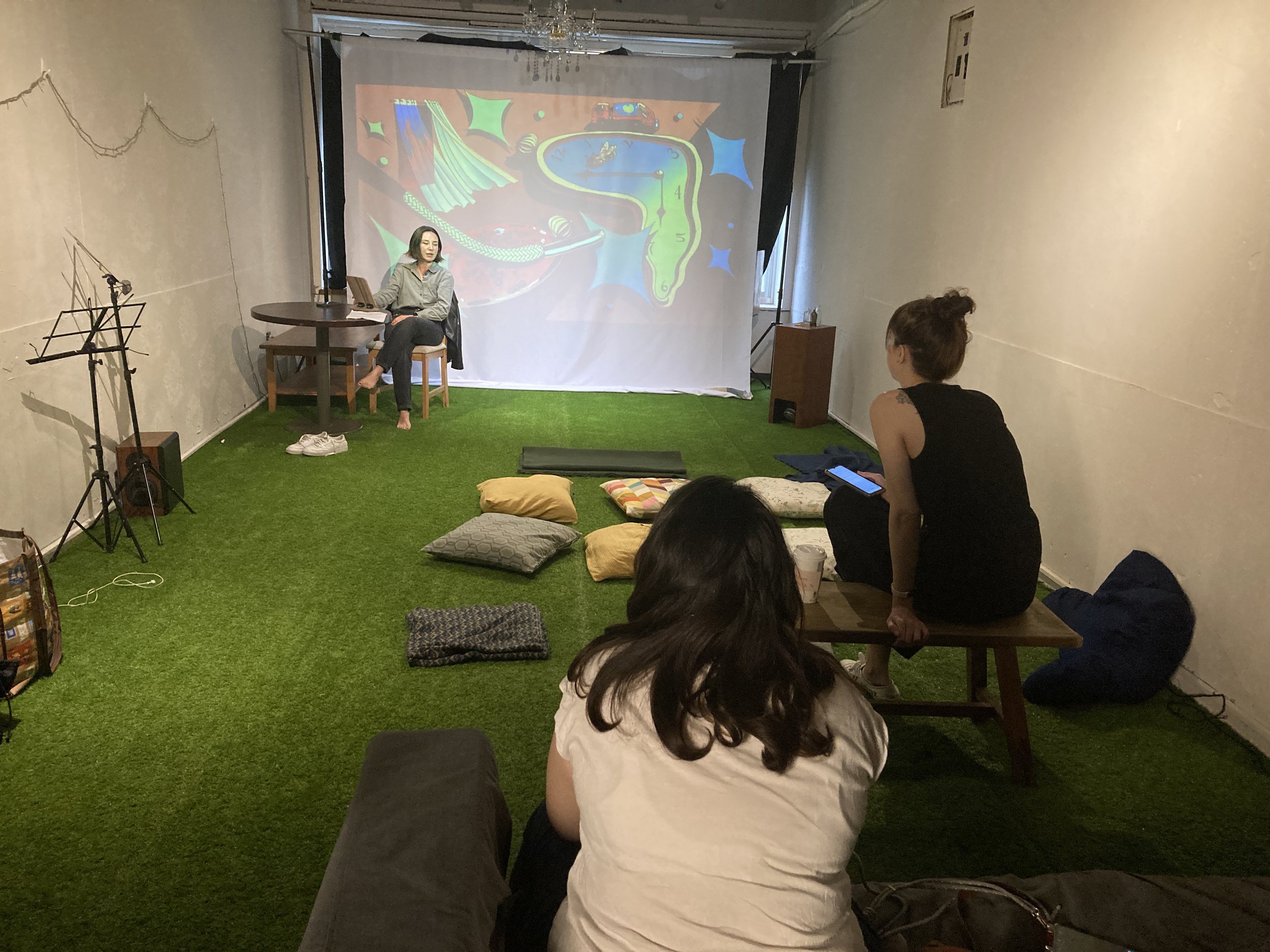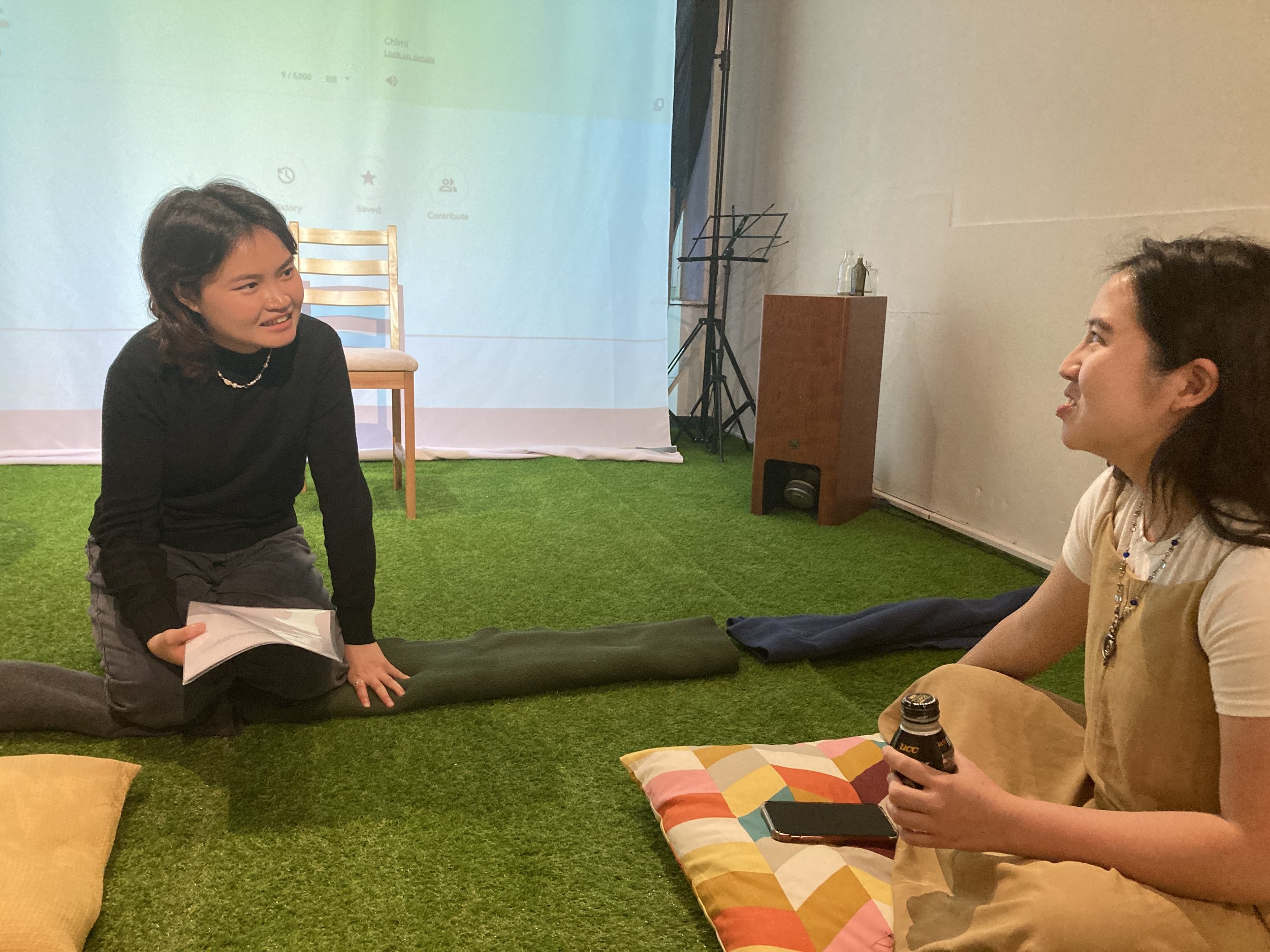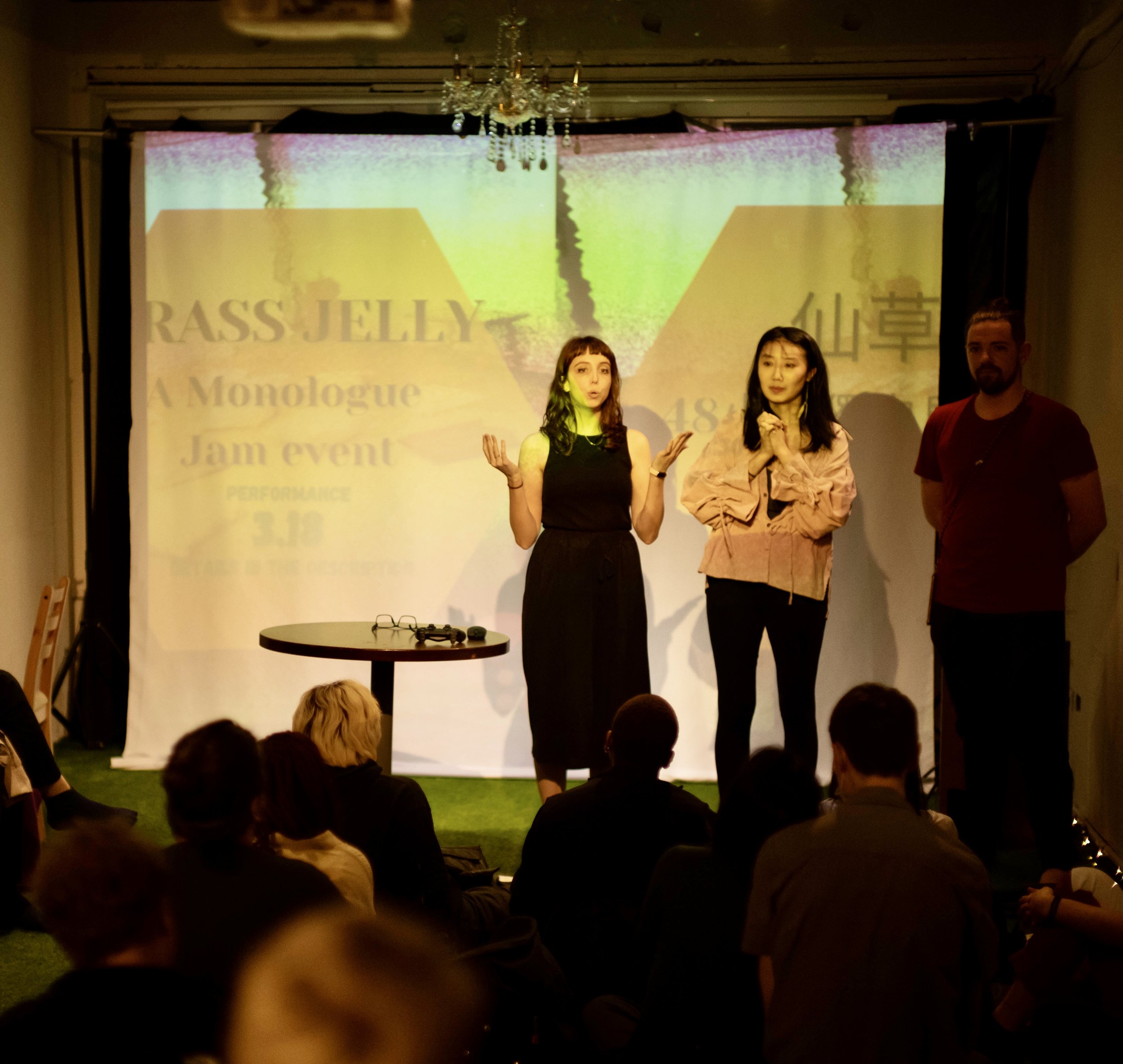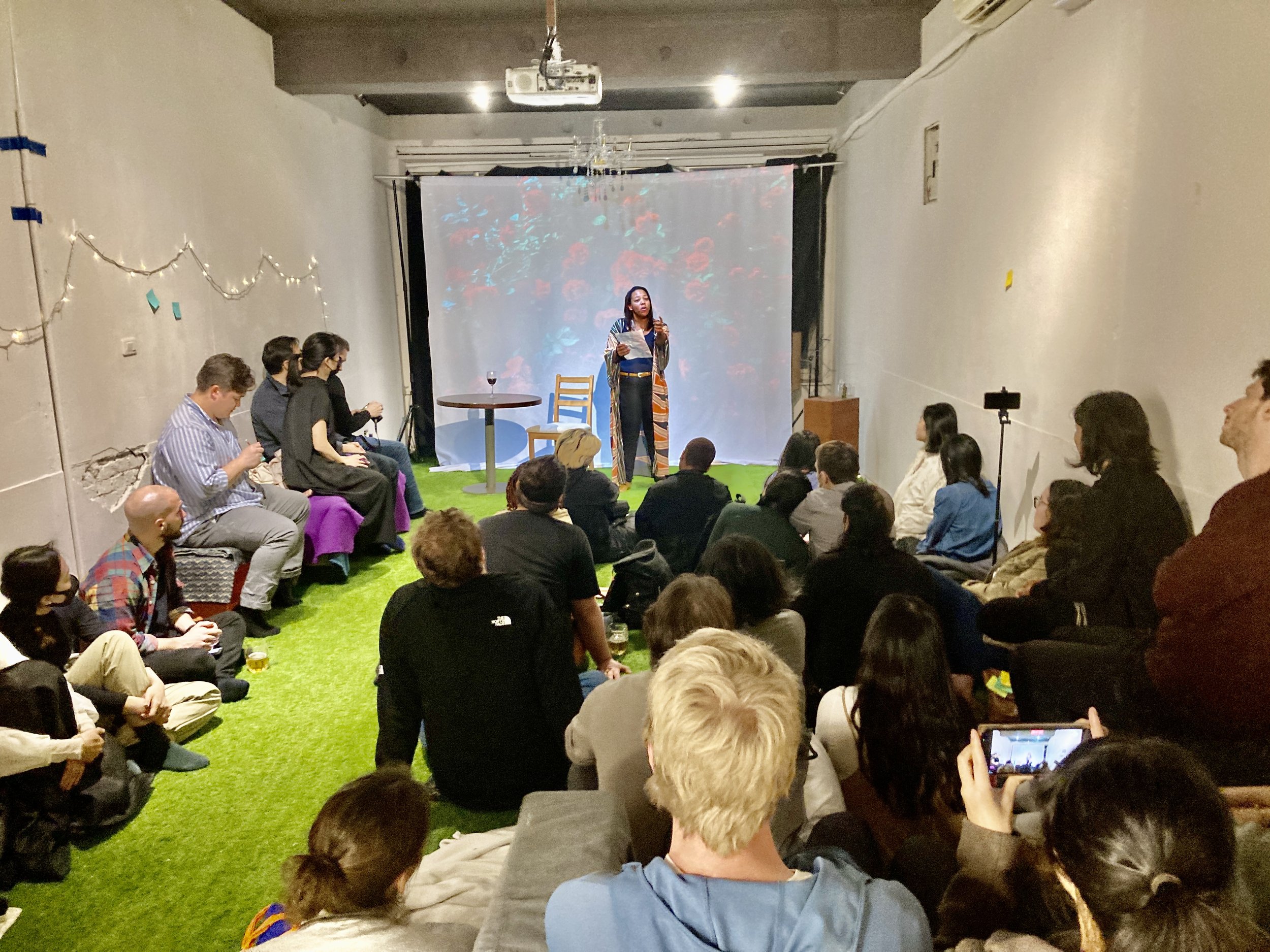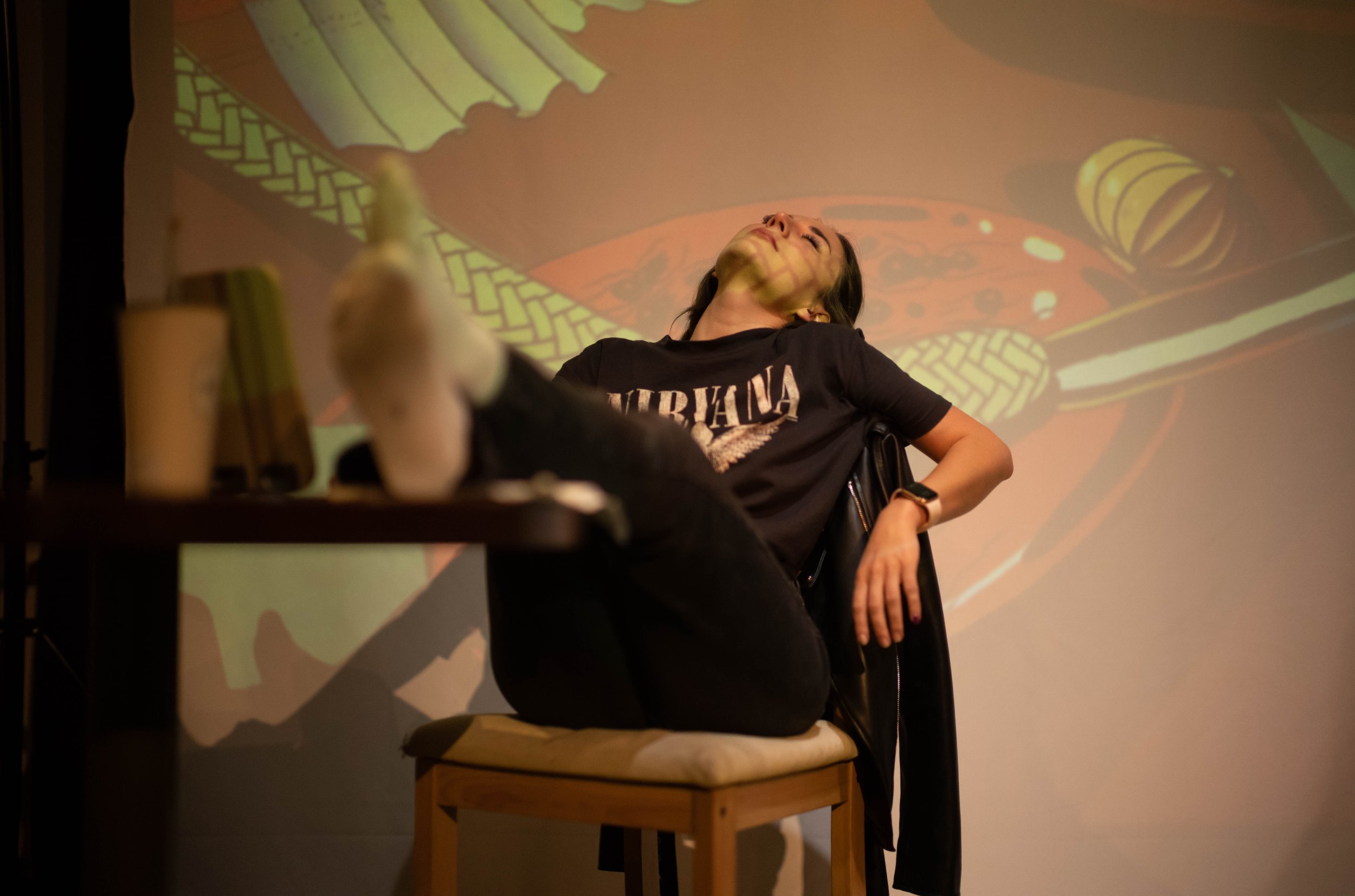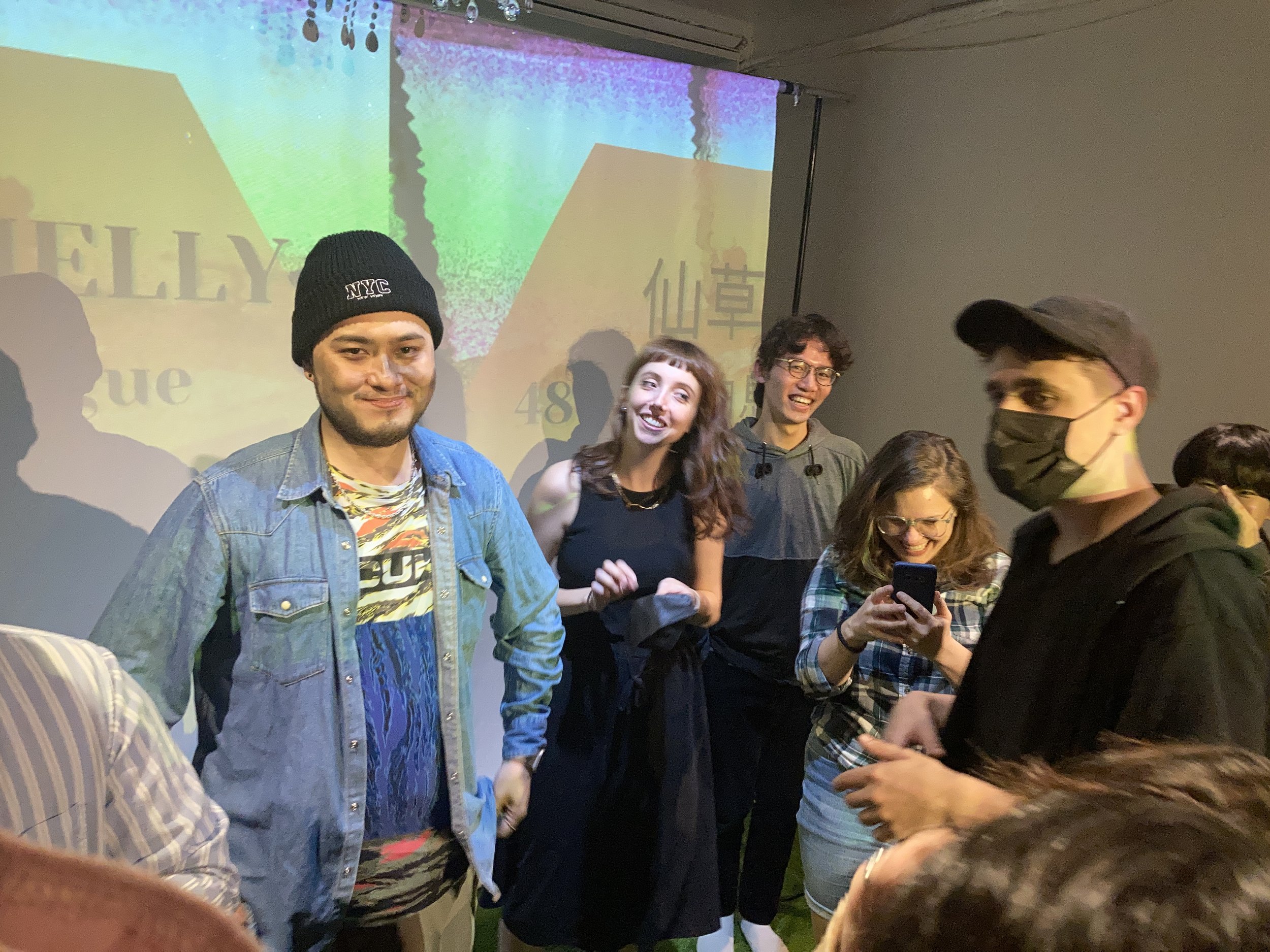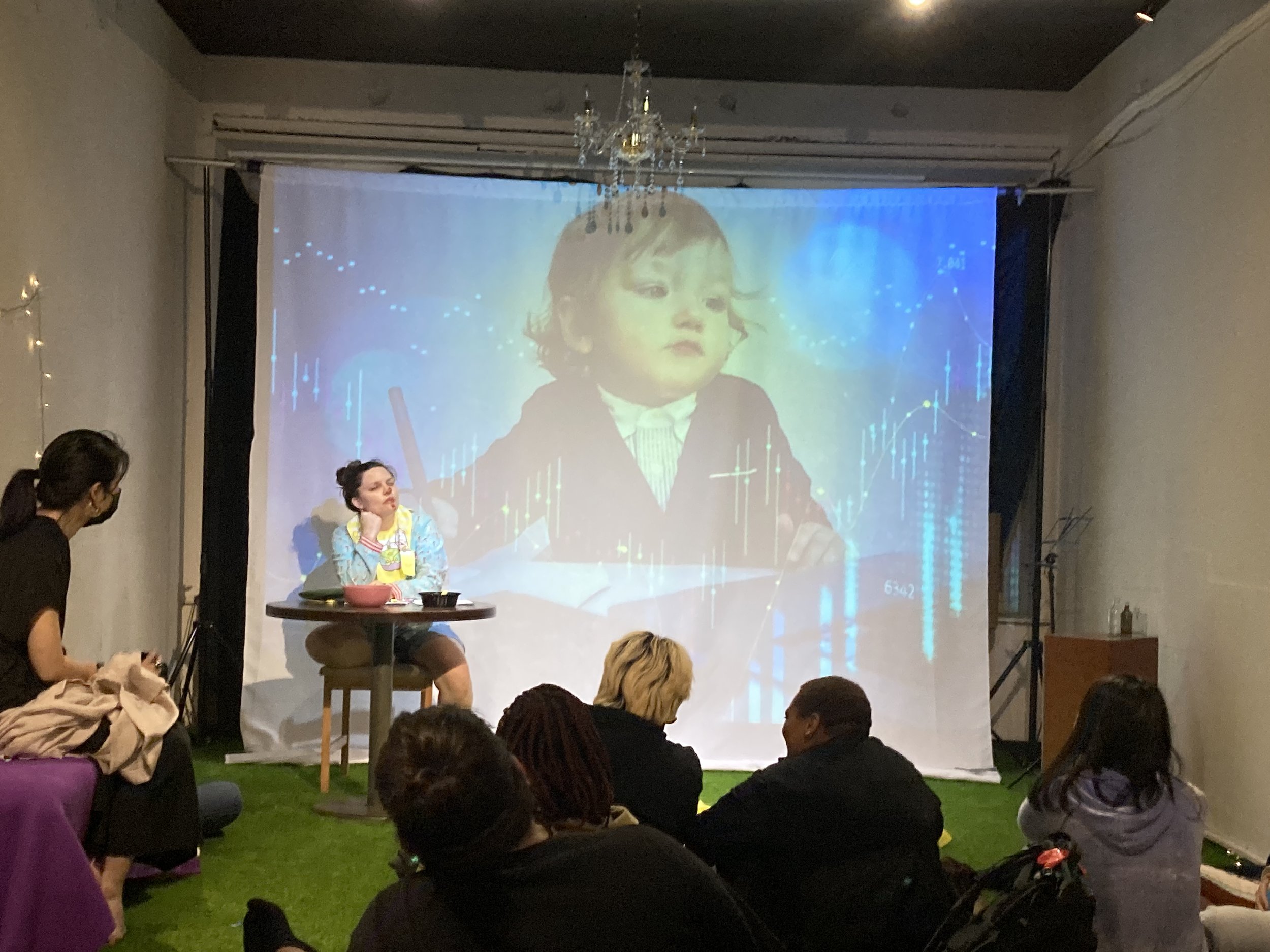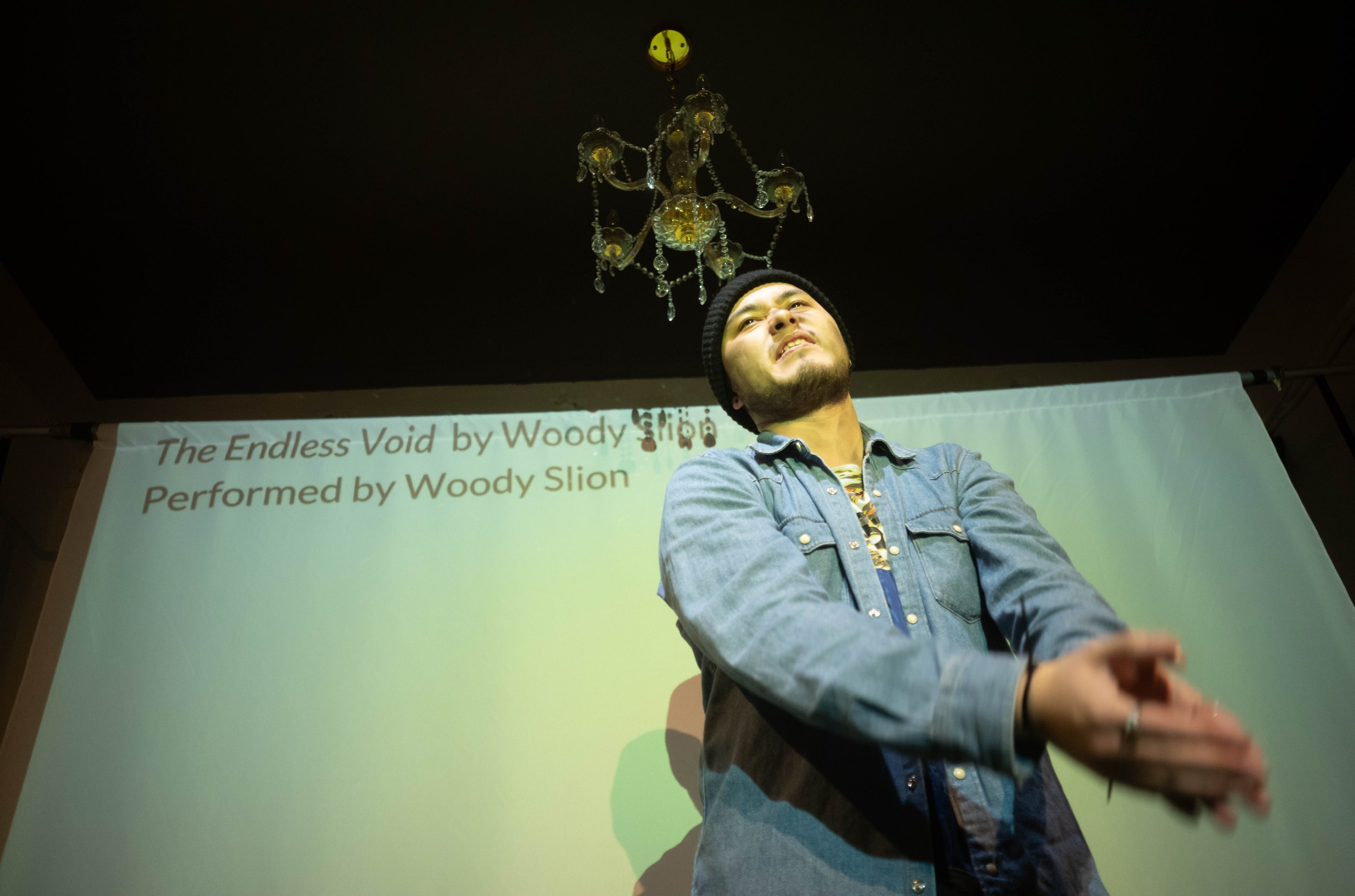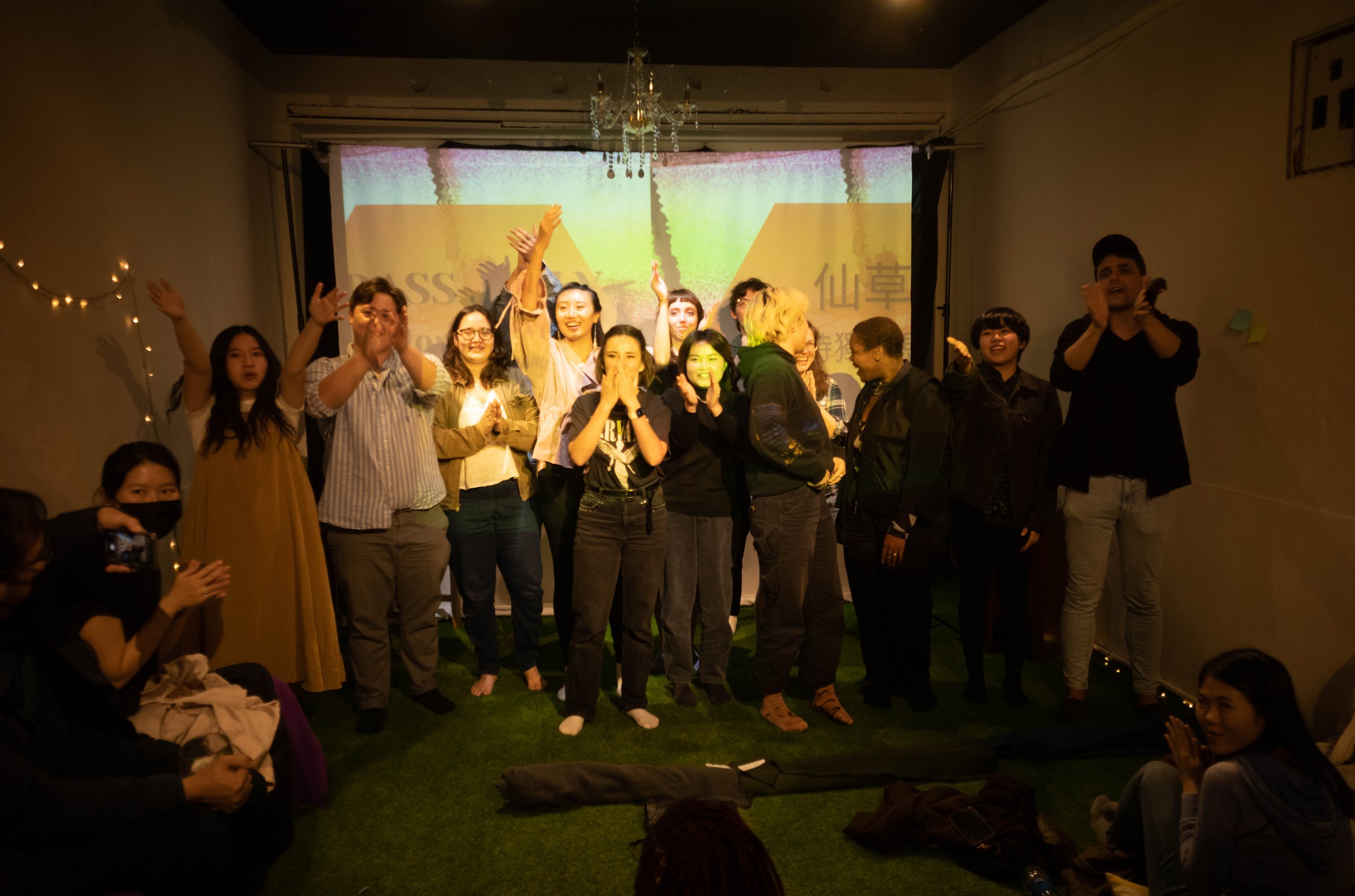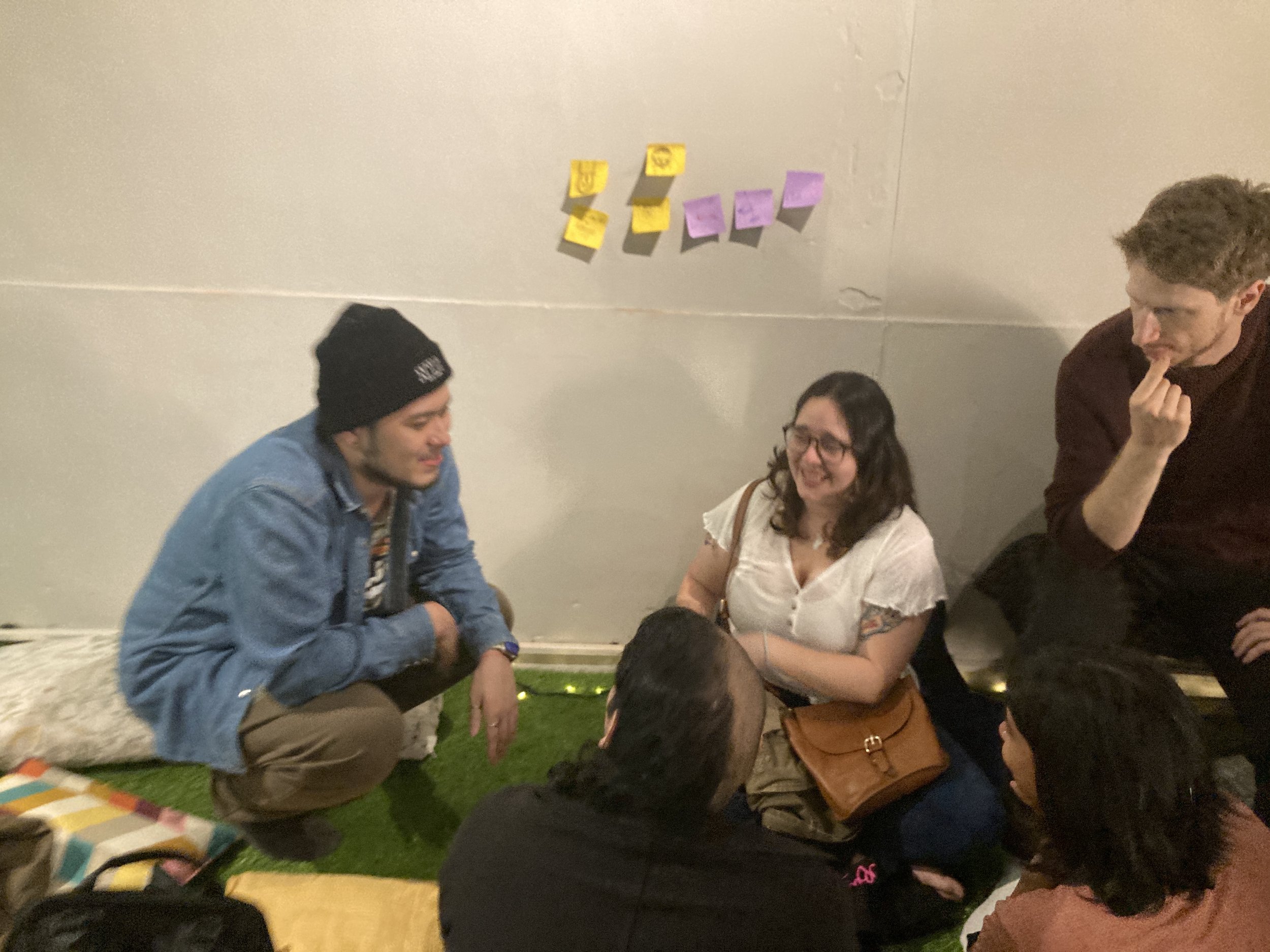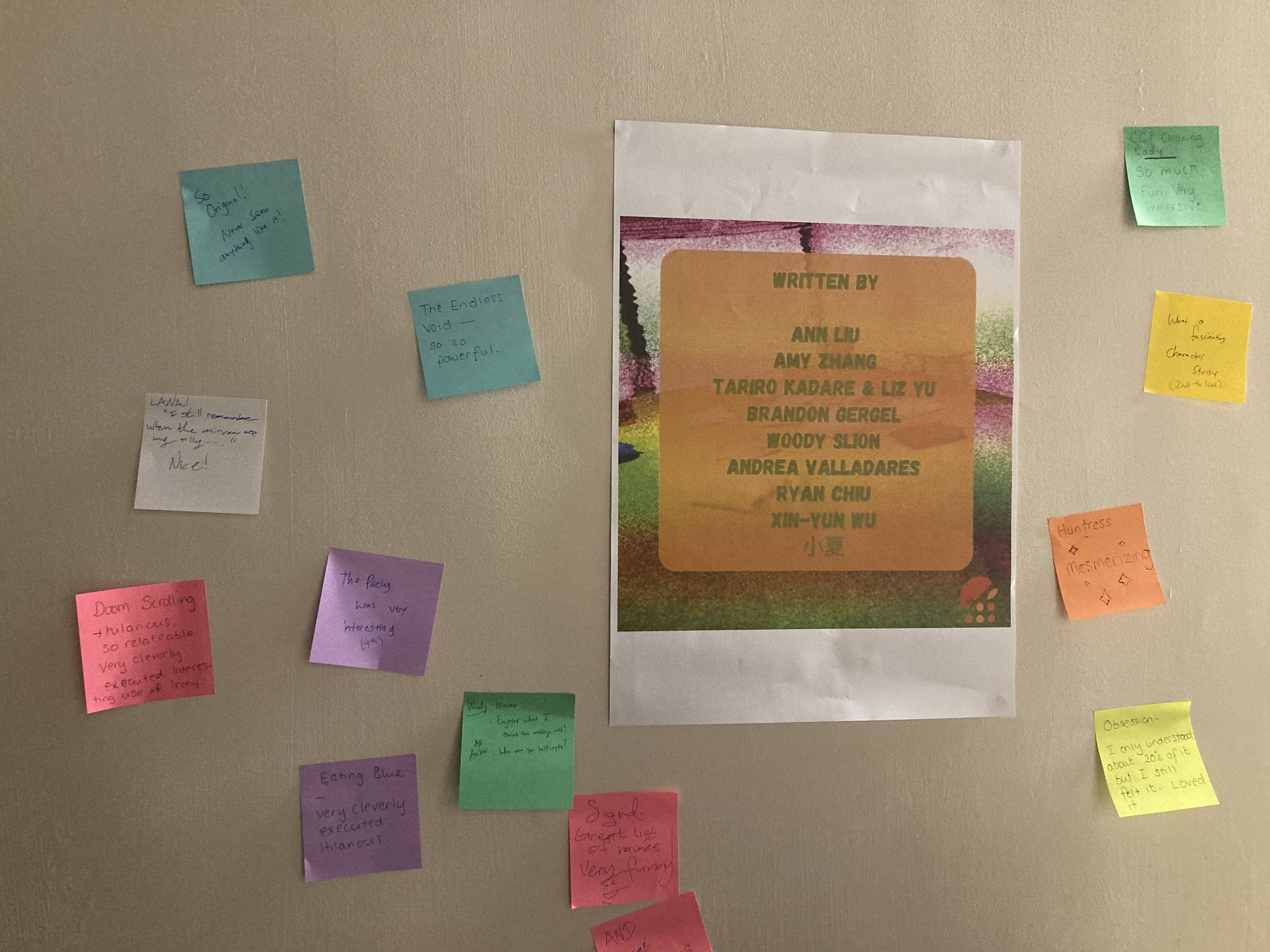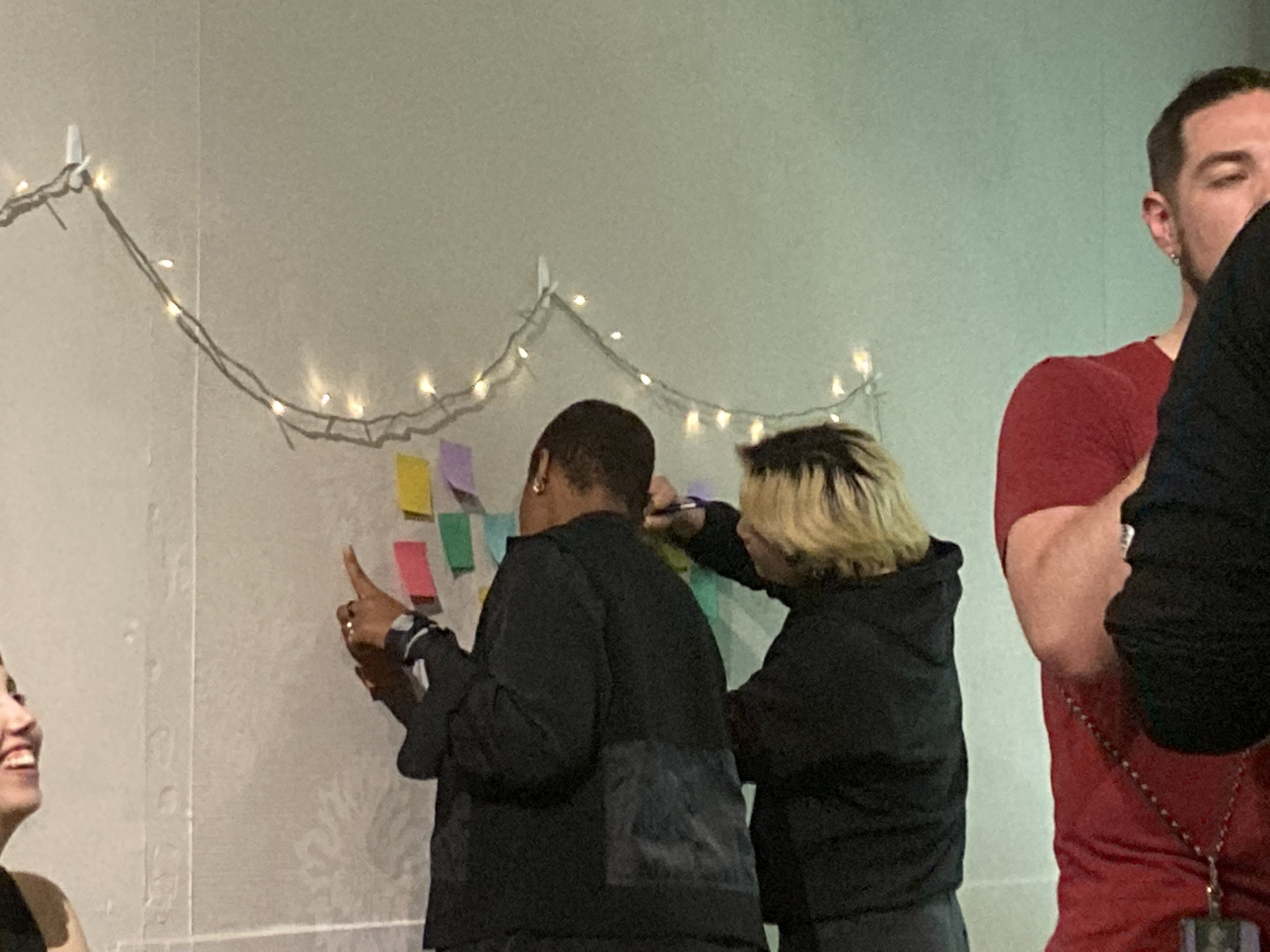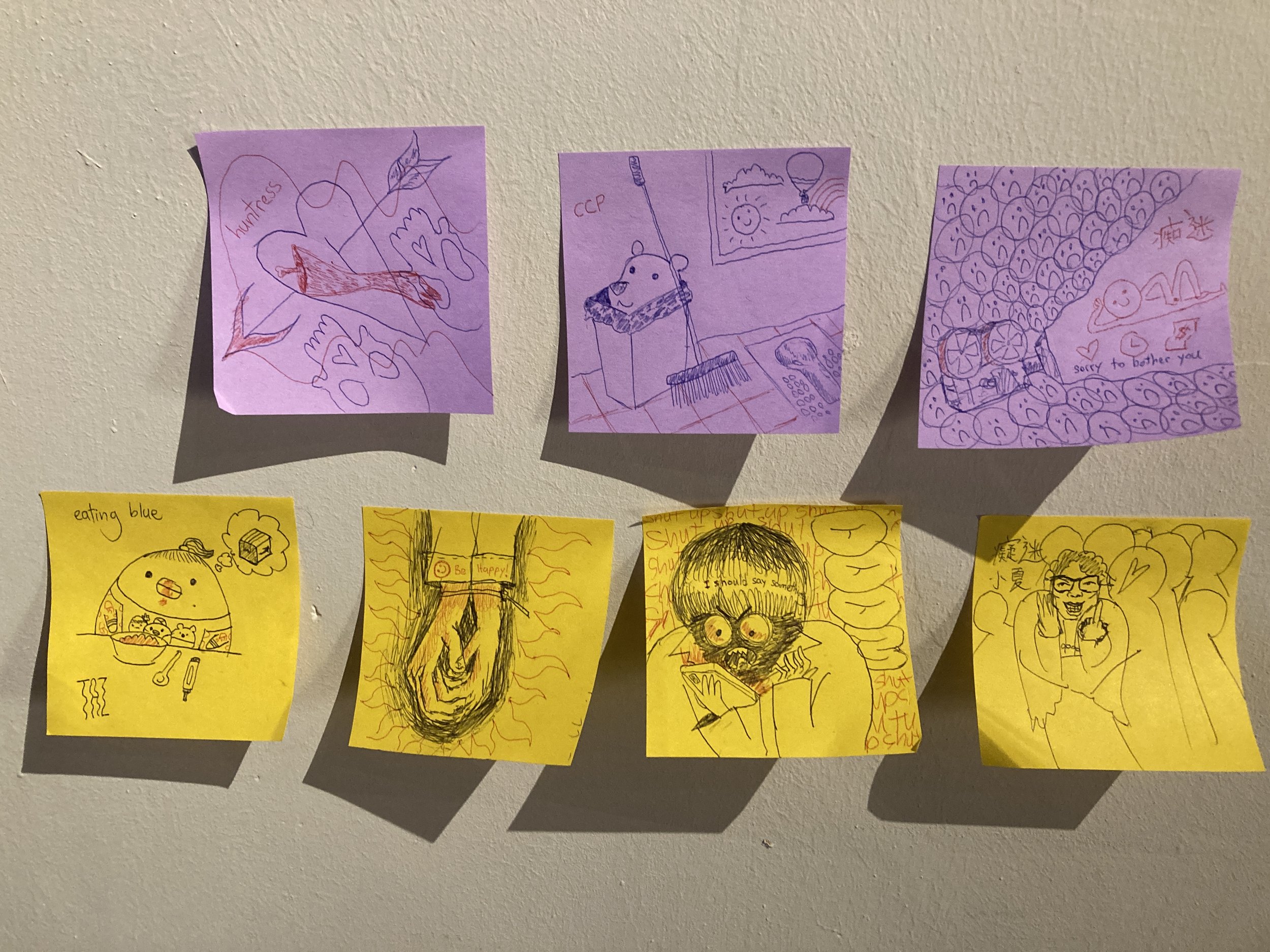Hello there! I am an artist, civic designer, and intrepid traveller that just returned from 10 months of travel across 10 cities.
Right now, our society is beset in crisis of many sorts: loneliness, economic insecurity, civic trust, mental health. (Many of these, in America, are interlinked.) From the city planning of Taipei to the clubs in Berlin, from the gardens of Chiang Mai to the boar huntress hills of Graufenhainichen, I’ve gleaned insights to these problems through experiences, interactions, and my own initiatives, that I’m excited to share.
Let’s head to Taipei first.
My daily walk in Dingxi, Taipei.
Insight 1: Audience + Creative Community
I’d been in Taipei for three months, and while I enjoyed my Chinese classes (my Chinese teacher could moonlight as a stand-up comedian), I was dearly missing the passion, and intensity, of the New York City theater scene. There was an idea I’d been sketching out—a monologue, based on an interview I did with a boar huntress in Germany—that I wanted to actualize. And, I missed that chaotic but energizing scramble, that effervescent feeling of the rehearsal before a live audience showing.
I was creatively lonely, and I realized I might just have to build the space as the solution.
I brought an idea to Emily and Liam, two Taiwan expat residents who’d created theater productions like Drunk Shakespeare (a complete riot to see) and Taipei Shorts, a film challenge shoot out.
What if we had a call for playwrights in Taiwan, to see who’d be up for writing a monologue, within 48 hours, under a specific theme? We’d then pair the monologue with an actor, have 30 minutes of rehearsal time (scripts okay) for each pairing the day of the performance, ask for one picture as the background, and then voila: performance time in the evening! The entire production process would be under a week, quick and dirty. And, most importantly, I wanted the audience to be part of it: we’d give them Post-its that they could write feedback on and stick ‘em on the walls.
And then. That’s exactly what we did!
Grass Jelly: A Monologue Jam was a great success. This could be in many measures: how many new pieces were born, from the POV of a jealous baby to a CCP cleaning lady. How new collaborations and partnerships were fostered between actors, playwrights, and directors. How the writers came up to me and said, I didn’t realize that was all I needed to get started. How for me, personally, it was an incredible lesson in how constraints and a creative space can give voice to sentiments that are just simmering in the society but not clearly seen. Taiwan, on the face of it, is a very cute and happy place: cartoons are the subway’s mascot, and people are so friendly and kind. But in these monologues, for the first time, was where I heard angst and anxiety: economic tensions (many young graduates still live with their parents), existential wonderings about art, the pressures of the competitive academic race. Without me realizing, it opened up honest conversations about what people were actually feeling, under the screen of a “fiction” exercise.
But, the most surprising measure, (and the measure I’ve taken a long digression to come back to!) is how enthusiastically the audience participated in the Post-it feedback. And also: how late the audience members stayed to mingle with the artists and learn more about their work.
By inviting the audience to give feedback, they became part of the creative process of the night. They became engaged, and afterwards, they had a sense of stakes in the evening. The audience wants dearly to be part of a community too, not just the creators.
I don’t think what I’m saying here is revolutionary—people have been thinking, discussing, strategising audience engagement for ages. But what I pose is this: if all people could benefit from a creative community, and audience members can be viewed as part of the creative “process” —how do we make audience members feel valued? How, in our digital sphere, with social media and blockchain/AI etc, could this scale?


